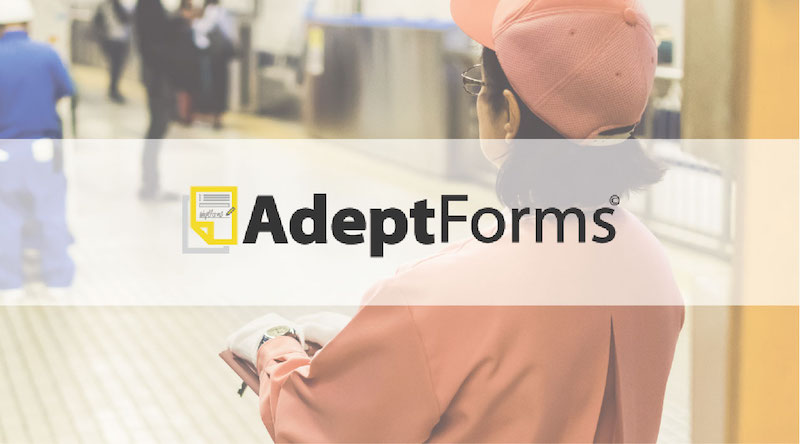On July 3, 2019, the progressive wage model for cleaners which were recommended by the Tripartite Cluster for Cleaners (TCC) on November last year, have been adopted by the Commission of Labor.
With this new wage measurement, eligible cleaners who are Singaporean and permanent resident will receive bonus which at least equal to two weeks payment. Cleaners will receive bonus start from January 1, 2020 to 2022. The workers who are eligible are the ones who have been working at least 12 months in the same company continuously. In addition, these resident cleaners will also receive annual increase on minimum basic pay by $150 from July, 2020 and by $100 by 2021 and 2022.
This new guideline will only be implemented for licensed cleaning companies. The Ministry of Manpower said that cleaning business that wants to be licensed must ensure that company meets with the new guideline. Cleaning companies also have to pay resident cleaners according to their progressive wage plan and issue payslips which include the details of basic wage and other payments. Cleaning businesses that don’t comply with the requirements may receive penalty or even lost their license.
The measure is part of moves to lift up the payment for lower-income workers in the middle of inequality and minimum wages issue. The new guideline is also a change in the milestone for cleaning industry because not all of the cleaners receive any kinds of bonus. Furthermore, it is part of national efforts to encourage skills upgrading in the industry which expected to benefit more than 40,000 cleaners which employed by around 1,300 cleaning firms.
There was concern that some cleaners may not be able to reach the required terms of service to qualify for the bonus as some clients can change their cleaning service providers frequently and this is through no fault of their own. To address this, the TCC said employers must still pay the bonuses to workers who do not meet the service length criteria in such cases because the bonus is not a performance bonus. Therefore not tied to the performance of the worker. The addendum report also sets out that cleaning workers must be paid in cases of retirement or medical issues. If workers resign on their own, or are terminated due to misconduct, then no PWM bonus is necessary.
As the result of progressive wage model, cleaning firms may face financial challenge as they need to spend more on the wage. They are also expected to raise productivity of their workers by investing in their training. By this mandatory annual bonus, companies in cleaning industry must start to consider to transform service through innovation and technology that will help to upskill the environmental service workers, and improving their livelihood as well as their working conditions. They need a new tool to support their works, save daily cost, and at the same time help them to raise cleaning workers’ skills.
Such value-for-money solution such as digitalisation and e-learning will be an offset to this requirements. Aside from supporting this mandatory guideline, the digital solution may help to upskill the cleaning workers and help cleaning firms with financial challenge that may occur by giving more bonus and lift up the payment.
